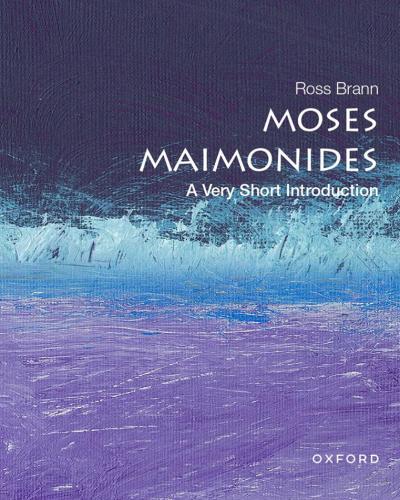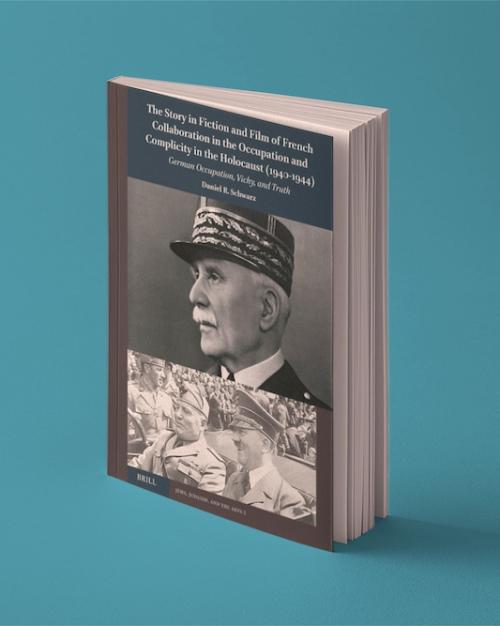"This is an exciting moment for Jewish studies,” said Gretchen Ritter, the Harold Tanner Dean of Arts and Sciences, in her introduction to a Reunion Weekend panel on “Jewish Studies at Cornell, Today and Tomorrow,” held June 10 in the Physical Sciences Building.
The panel included Jonathan Boyarin, Jewish Studies Program director, and Kim Haines-Eitzen, incoming director of the Religious Studies Program.
Ritter noted that under Boyarin’s leadership, the traditional strengths of the Jewish Studies Program, including its close connection to Near Eastern Studies and its focus on Jewish antiquity, have been expanded to include increased attention to the Jewish diaspora in the 19th and 20th centuries in Europe and North America.
“I think that dynamic combination makes this program particularly unique and really promises for a great future over the next few years,” Ritter said.
Boyarin said that his efforts to develop the program are guided by his belief that Jewish studies “should be a connecting thread through the humanities.”
“It’s a field that is fundamentally interdisciplinary, and it offers a set of questions that pertain to the study of people and situations across millennia and continents,” he said.
Haines-Eitzen described the college’s programs as rich, multidisciplinary environments for creative work and thinking outside the box – what she calls “free-range thinking.”
“When programs and departments partner well together, they form a strong and enduring, beautiful and complex web of possibilities and opportunities,” she said.
“In dozens of courses across the college, taught by faculty from many disciplines, students are encouraged to think critically about the role of religion in public life, the nature of myth and story in cultures around the world, how religious fervor and fundamentalism intersects with economics, politics and society, and the historical contexts that produced scriptural texts,” said Haines-Eitzen.“We interrogate not to undermine but to understand.”
She illustrated her point with student examples, such as Phoebe Hering, whose honors thesis was on “Jewish and Muslim French Narratives and the Politics of Identity in Modern France.”
Hering, the recipient of a Hunter R. Rawlings III Presidential Research Scholarship and a Frederic Conger Woods Research Fellowship, arrived in France for a semester abroad just three days before the Charlie Hebdo attacks in January 2015. As a result, her thesis focused closely on how the ideology of “laïcité” (problematically translated as “secularism,” said Haines-Eitzen) was viewed in France in the wake of the attack.
“Her thesis took her into sociological and cultural complexities of post-colonialism, migration and immigration, and identity markers of race, class, gender and religion, illustrating the commitment to critique as to better understand religious phenomena, which is what the Jewish Studies and Religious Studies programs are all about,” said Haines-Eitzen.
Boyarin noted that “we don’t have to choose between focusing on what’s distinctive about Jewish community and culture on the one hand, and focusing on what Jews have in common with everybody else living in their times and places. What makes this such a dynamic field is precisely the tension and the synergy of both of those approaches.”
To illustrate the collaborative emphasis of Jewish studies’ programming, Boyarin discussed 12 campus events from the past year, ranging from “Black Hebrew Israelites” with John Jackson, held in conjunction with the Africana Studies and Research Center, to “Saving Synagogues” with Samuel Gruber, a collaboration with the College of Architecture, Art and Planning, to the Yiddish Theatre Festival, which drew a wide audience from the Ithaca community and was a collaboration with Ithaca College and the Department of Performing & Media Arts.
Boyarin also touched on plans for the coming year, such as Gruber’s return in spring 2017 to teach a class on synagogues and Jewish art. Boyarin is also planning a series on “Technologies of Memory,” which will make use of the USC Shoah Foundation Visual History Archives, newly accessible at Cornell and launched last Fall with a lecture by Philip Gourevitch ’86. Jewish Studies will also continue its collaborations with Cornell Cinema, with a screening of “Streit's Matzo & the American Dream”, a new documentary on the Streit’s Matza Factory on the Lower East Side, in which Jewish Studies Visiting Scholar Elissa Sampson will appear.





